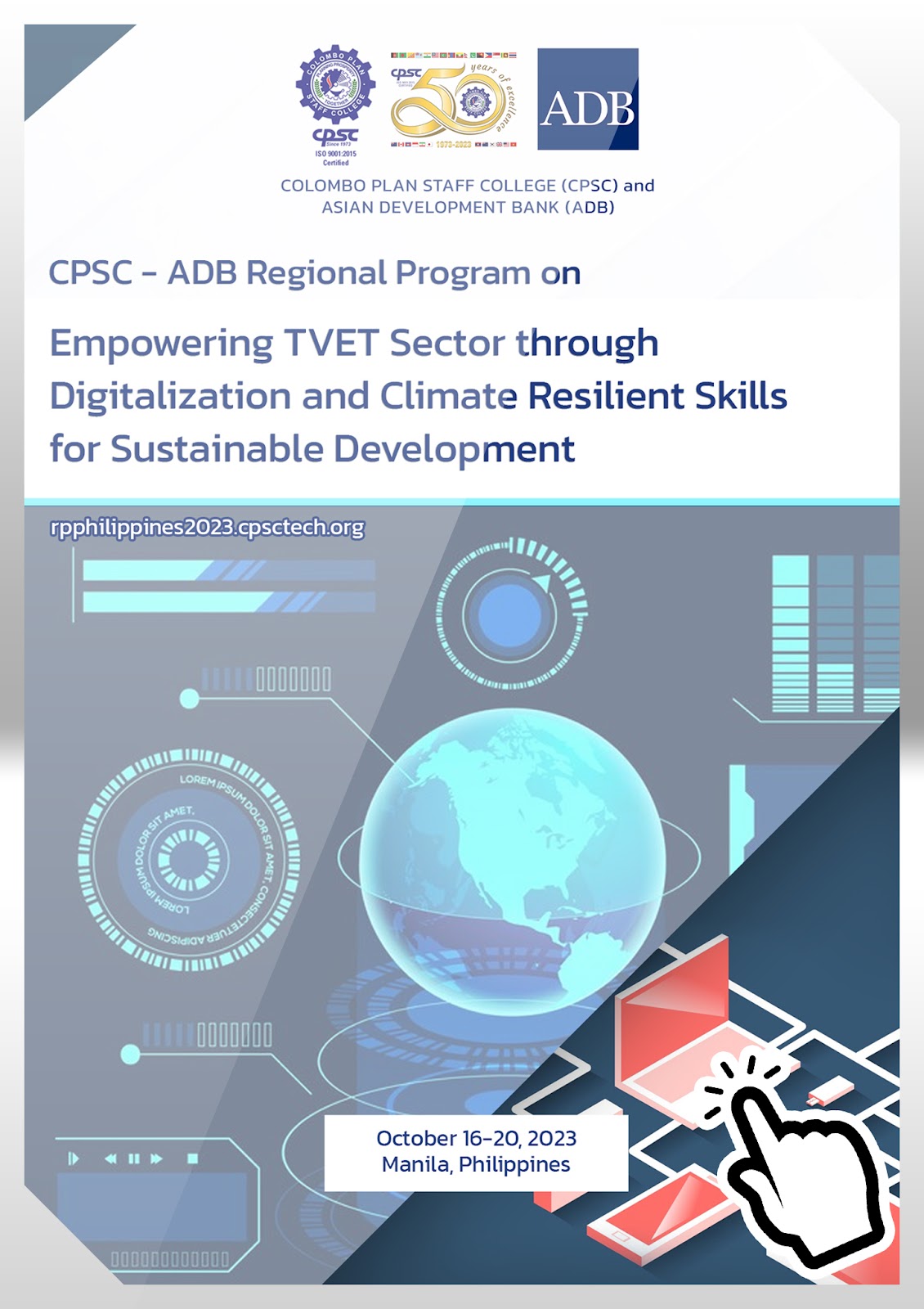
Program Type: In-Country Program /
Main Contents
To achieve the objectives set forth, the following strategies will be employed in a consultative manner:
Special Lecture and Presentations on the following:
- Special Lecture: Development, Issues, and Challenges for Global Leadership and Management in TVET
- Theme Paper 1: 21st Century Skills and IR 4.0 for Global Competitiveness and Innovation in the TVET
- Theme Paper 2: Management Concepts and Paradigms of Improving Institutional Management in the TVET Systems Strategic Plan
- Theme Paper 3: Change Management: Enhancing Leadership and Achieving Organizational Excellence in TVET
- Theme Paper 4: Enhancing TVET Leadership and Management through Accreditation and ICT
- Theme Paper 5: Excellence of Leadership for Change Management Through the PDCA Cycle in TVET
Exercises and workshops on the following:
- Workshop 1: TVET Institute Management Issues and Their Technical Analysis in Sri Lanka
- Workshop 2: Institutional Visit: TVET Institutional Best Practices with Brand Concept Management
- Workshop 3: Identify and analyze technological gaps through critical analysis
Conference on Emerging Technologies and Skills for Resilient Industries
Presentations on the following:
- Resilient industries for a sustainable future
- Innovative approaches for resilient technological solutions
- ICT towards Resilience: Harnessing Information and Communication Technologies for Sustainable Development
- Education and language studies: transformative and innovative pedagogies and language learning for resilient learning
- TVET Skills and Competencies for Resilient Workforce Development
Objectives
The participants are expected to:
- Recognize the vital role of leadership and management at the TVET Institute in the socioeconomic development of the country by developing a visionary leadership approach that sets clear goals and a strategic direction for the TVET Institute;
- Learn about effective leadership and management to make an impact in society regarding technical and vocational education and training;
- Understand leadership and management as effective tools for TVET development;
- Develop a project in group for creating an effective leadership and management strategy for TVET;
- Promote inclusivity and diversity within the TVET institute to accommodate learners from various backgrounds, including individuals with disabilities;
- Embrace digital transformation and integrate technology into the teaching and learning process to enhance accessibility and engagement;
- Establish a robust monitoring and evaluation system to assess institutional performance and identify areas for improvement;
- Implement data-driven decision-making processes to enhance the effectiveness and efficiency of the TVET institute, and
- Cultivate a culture of continuous improvement to adapt to changing industry needs and evolving educational trends.





















